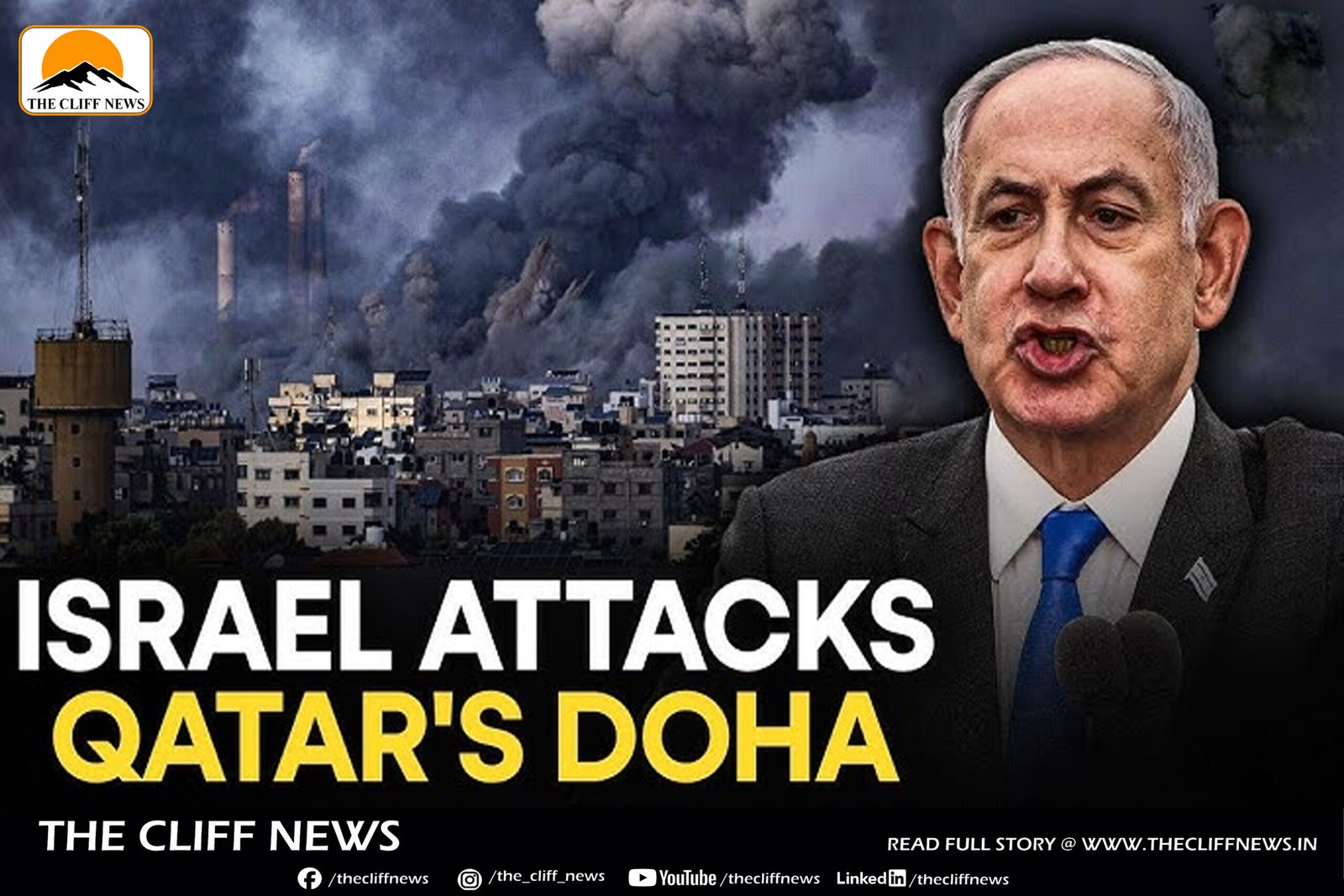More than 120 people have been killed in Gaza over the past two nights due to intense Israeli airstrikes, according to Palestinian rescue teams. The southern city of Khan Younis was the worst hit, with over 54 people reported dead in a single night of shelling. Earlier, bombings across northern and southern Gaza on Wednesday claimed at least 70 lives, bringing the two-day death toll to 120.
The aid flow to Gaza has been completely halted since March 2. Israel is reportedly using the blockade as a means of pressuring Hamas during ongoing indirect negotiations. Hamas has responded by stating that “the minimum requirement” for any dialogue would be the restoration of humanitarian assistance to the war-affected population. The Israeli military has not issued a statement regarding the latest airstrikes. However, the Gaza health ministry reported that 82 bodies were brought to hospitals in the last 24 hours alone, including 54 from Khan Younis.
As the conflict escalates, the international community is questioning whether intervention is necessary. A growing number of voices are calling for global mediation, especially in light of the ongoing blockade, which has crippled humanitarian efforts. President Donald Trump, currently touring several Gulf nations but notably avoiding a visit to Israel, has sparked hopes of potential diplomatic breakthroughs that could lead to a ceasefire or renewed aid deliveries.
Meanwhile, Israeli Prime Minister Benjamin Netanyahu has pledged to intensify the military campaign in Gaza, reaffirming his government’s commitment to eliminating Hamas. “With great strength to complete the mission,” Netanyahu declared, emphasizing that the ultimate objective is “the destruction of Hamas.”
The humanitarian situation in Gaza has grown increasingly dire. The European Hospital in Khan Younis, the only facility still offering cancer treatments, has been forced to shut down due to extensive damage from airstrikes and inaccessible roads. According to the Integrated Food Security Phase Classification (IPC), nearly 500,000 Palestinians are at risk of starvation, while close to 1 million are struggling to access basic food supplies.
Despite these alarming figures, Israeli government spokesperson David Mencer denied any food shortage in Gaza. He accused Hamas of withholding supplies, saying, “They need to open up the food to the people.”
The current crisis stems from the October 7, 2023, attack when Hamas-led militants crossed into southern Israel, killing 1,200 people and taking around 250 hostages. Since then, Israel’s military response has resulted in the deaths of over 53,000 Palestinians, according to Gaza’s health ministry. Nearly 3,000 of those deaths occurred after a ceasefire was broken on March 18. Hamas is still holding 58 hostages, with 23 believed to be alive. Israeli officials have expressed growing concerns about the health and safety of three of them.
As the violence and suffering continue, the call for international intervention to resolve the Gaza conflict is becoming increasingly urgent.
4o



